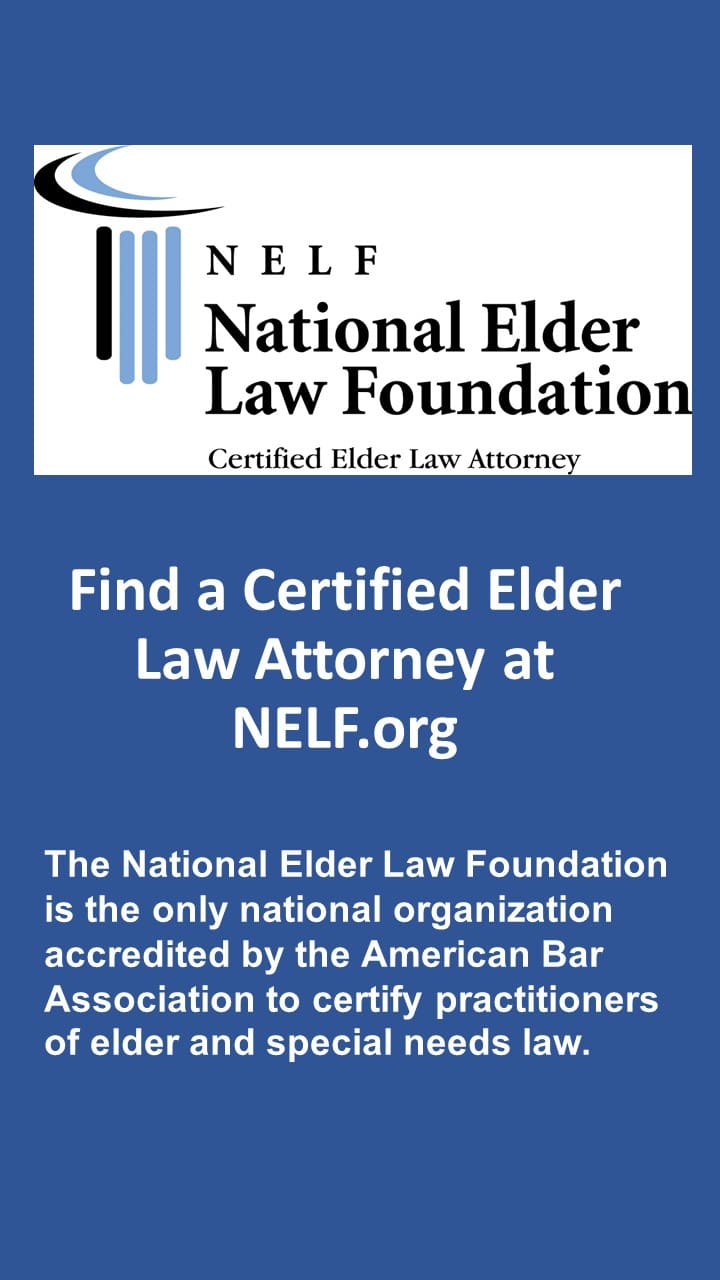Applicants seeking Medicaid must file a signed application with the Department. At this time, the application can be submitted through the Georgia Medicaid Gateway, through a portal at the nursing home, by visiting a local DFCS office, or through a centralized number. The initial phase of process is complete when an eligibility determination notice is issued. Georgia Aged, Blind and Disabled Medicaid Manual 3480 (the “ABD Manual”) § 2050-1; 42 C.F.R. § 435.906 through 910.
Georgia ABD Manual § 2050: “[T]he agency must accept an application from the applicant, an adult who is in the applicant’s household, … or family, … an authorized representative, or if the applicant is a minor or incapacitated, someone acting responsibly for the applicant…. 42 C.F.R. § 435.907(a) (effective January 1, 2014). The agency may require documentation necessary to establish eligibility, but may only require an applicant to provide the information necessary to make an eligibility determination or for a purpose directly connected to the administration of the State plan. 42 C.F.R. § 435.907(e).
In Georgia, a complete application consists of a signed (either written or electronic such as on a Gateway application) application submitted with a name and information adequate to contact the applicant or PR. A typed name on the signature line of a paper application is not acceptable. It is NOT necessary for the applicant to complete all questions, as missing or incomplete information may be obtained by telephone, by mail, fax, secure email, or in person. See ABD Manual Section 2050-2.
The date of application is the date the application form is received by the county office, whether in person, or by mail. When received via internet or facsimile, the date of application is the date the form was transmitted. An application must be registered within 24 hours of receipt by the agency. See ABD Manual Section 2050-3.
It’s worth noting that in SSI States, Medicaid eligibility is automatic and a separate application is not required when the individual receives SSI. 42 C.F.R. § 435.909(b)(1).
42 C.F.R. § 435.907 governs application and provides (as of the date of this post):
(a) Basis and implementation. In accordance with section 1413(b)(1)(A) of the Affordable Care Act, the agency must accept an application from the applicant, an adult who is in the applicant’s household, as defined in § 435.603(f), or family, as defined in section 36B(d)(1) of the Code, an authorized representative, or if the applicant is a minor or incapacitated, someone acting responsibly for the applicant, and any documentation required to establish eligibility –
(1) Via the internet Web site described in § 435.1200(f) of this part;
(2) By telephone;
(3) Via mail;
(4) In person; and
(5) Through other commonly available electronic means.
(b) The application must be –
(1) The single, streamlined application for all insurance affordability programs developed by the Secretary; or
(2) An alternative single, streamlined application for all insurance affordability programs, which may be no more burdensome on the applicant than the application described in paragraph (b)(1) of this section, approved by the Secretary.
(c) For individuals applying, or who may be eligible, for assistance on a basis other than the applicable MAGI standard in accordance with § 435.911(c)(2) of this part, the agency may use either –
(1) An application described in paragraph (b) of this section and supplemental forms to collect additional information needed to determine eligibility on such other basis; or
(2) An application designed specifically to determine eligibility on a basis other than the applicable MAGI standard. Such application must minimize burden on applicants.
(3) Any MAGI-exempt applications and supplemental forms in use by the agency must be submitted to the Secretary.
(d) The agency may not require an in-person interview as part of the application process for a determination of eligibility using MAGI-based income.
(e) Limits on information.
(1) The agency may only require an applicant to provide the information necessary to make an eligibility determination or for a purpose directly connected to the administration of the State plan.
(2) The agency may request information necessary to determine eligibility for other insurance affordability or benefit programs.
(3) The agency may request a non-applicant’s SSN provided that –
(i) Provision of such SSN is voluntary;
(ii) Such SSN is used only to determine an applicant’s or beneficiary’s eligibility for Medicaid or other insurance affordability program or for a purpose directly connected to the administration of the State plan; and
(iii) At the time such SSN is requested, the agency provides clear notice to the individual seeking assistance, or person acting on such individual’s behalf, that provision of the non-applicant’s SSN is voluntary and information regarding how the SSN will be used.
(f) The agency must require that all initial applications are signed under penalty of perjury. Electronic, including telephonically recorded, signatures and handwritten signatures transmitted via any other electronic transmission must be accepted.
(g) Any application or supplemental form must be accessible to persons who are limited English proficient and persons who have disabilities, consistent with § 435.905(b) of this subpart.
(h) Reinstatement of withdrawn applications.
(1) In the case of individuals described in paragraph (h)(2) of this section, the agency must reinstate the application submitted by the individual, effective as of the date the application was first received by the Exchange.
(2) Individuals described in this paragraph are individuals who –
(i) Submitted an application described in paragraph (b) of this section to the Exchange;
(ii) Withdrew their application for Medicaid in accordance with 45 CFR 155.302(b)(4)(A);
(iii) Are assessed as potentially eligible for Medicaid by the Exchange appeals entity.
[77 FR 17208, Mar. 23, 2012, as amended at 78 FR 42302, July 15, 2013]



